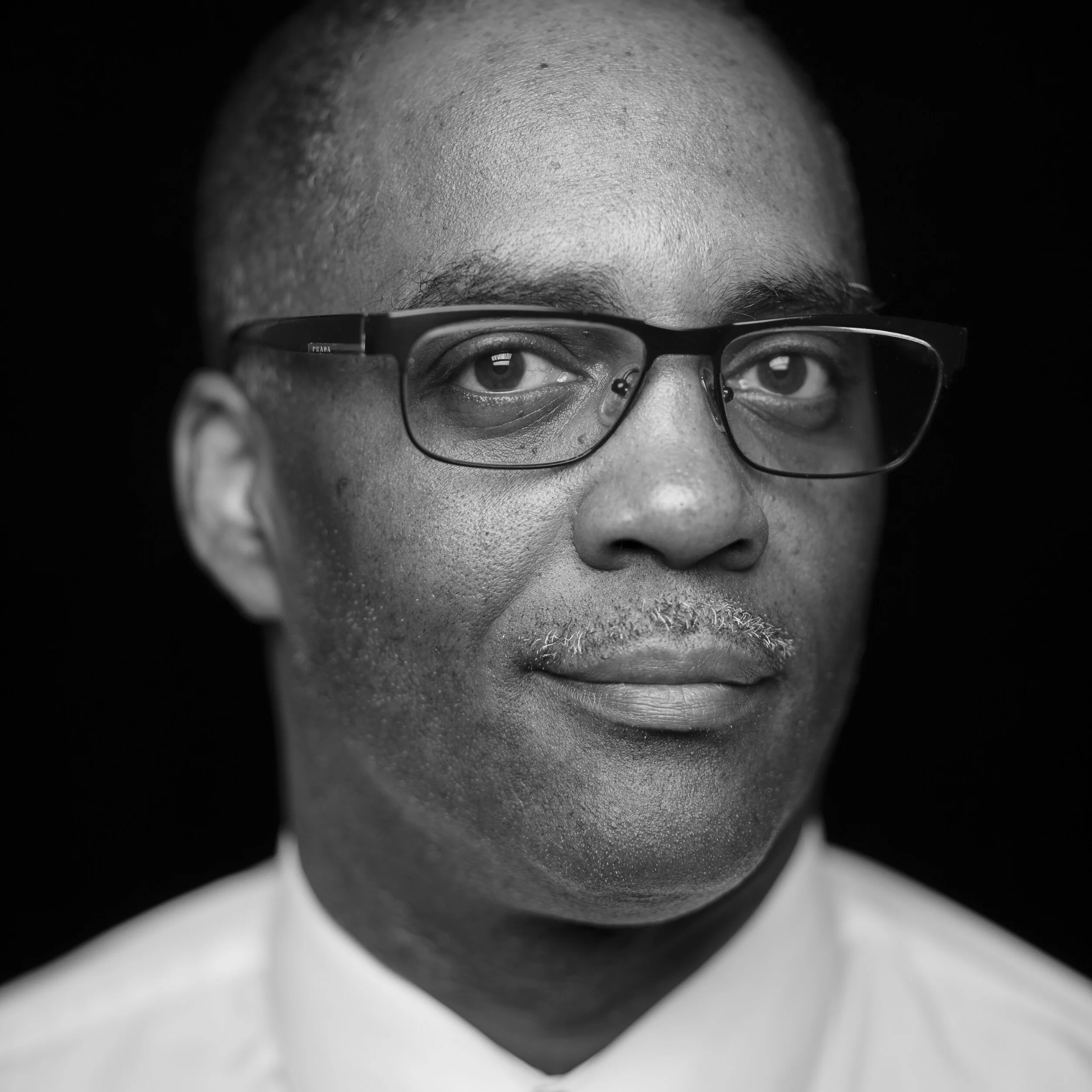Reggie Jackson has called Milwaukee “the most difficult place to live in the country if you are a black person,” and once dubbed our state “Wississippi,” likening the racial oppression here to that of the South, in an interview for CNN’s “United Shades of American with W. Kamau Bell.” He learned a lot about truth telling from Dr. James Cameron, the founder of America’s Black Holocaust Museum, which was always unusual for the ways it emphasized racial violence and the widespread complicity of white Americans that made that possible. Cameron was the survivor of one of the country’s most notorious lynchings. His modest museum, set up in a former boxing gym with humble displays, became a repository for lynching stories, attracting visitors and families with personal stories that hadn’t been recorded. It’s also where Jackson met his mentor, Dr. Cameron. Reggie has been the museum’s head griot, or oral historian, for many years, and, after the death of Dr. Cameron and the subsequent shuttering of the original museum, Reggie was part of a small circle that kept Cameron’s legacy alive online and through public speaking. Today, Reggie spends a lot of time in front of crowds, letting getting-woke white folks in the suburbs hear what a black man might have to say when they’re not in the room. He grew up playing football on a lively street in the now infamous 53206 ZIP code and is also an award-winning journalist, whose incisive columns for the Milwaukee Independent are both deeply personal and scholarly. He works with Fran Kaplan, another subject in our project, with Nurturing Diversity Partners.

